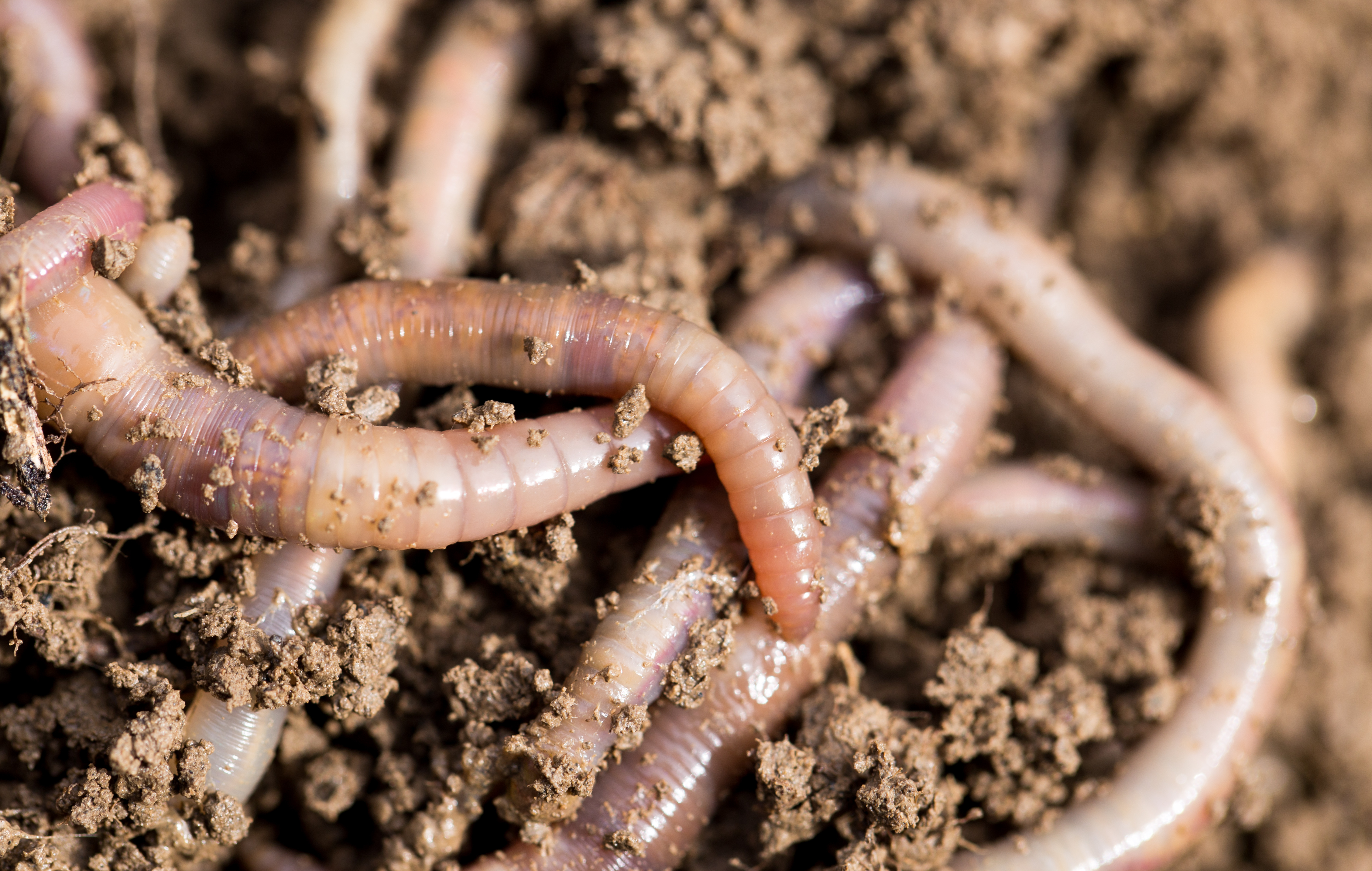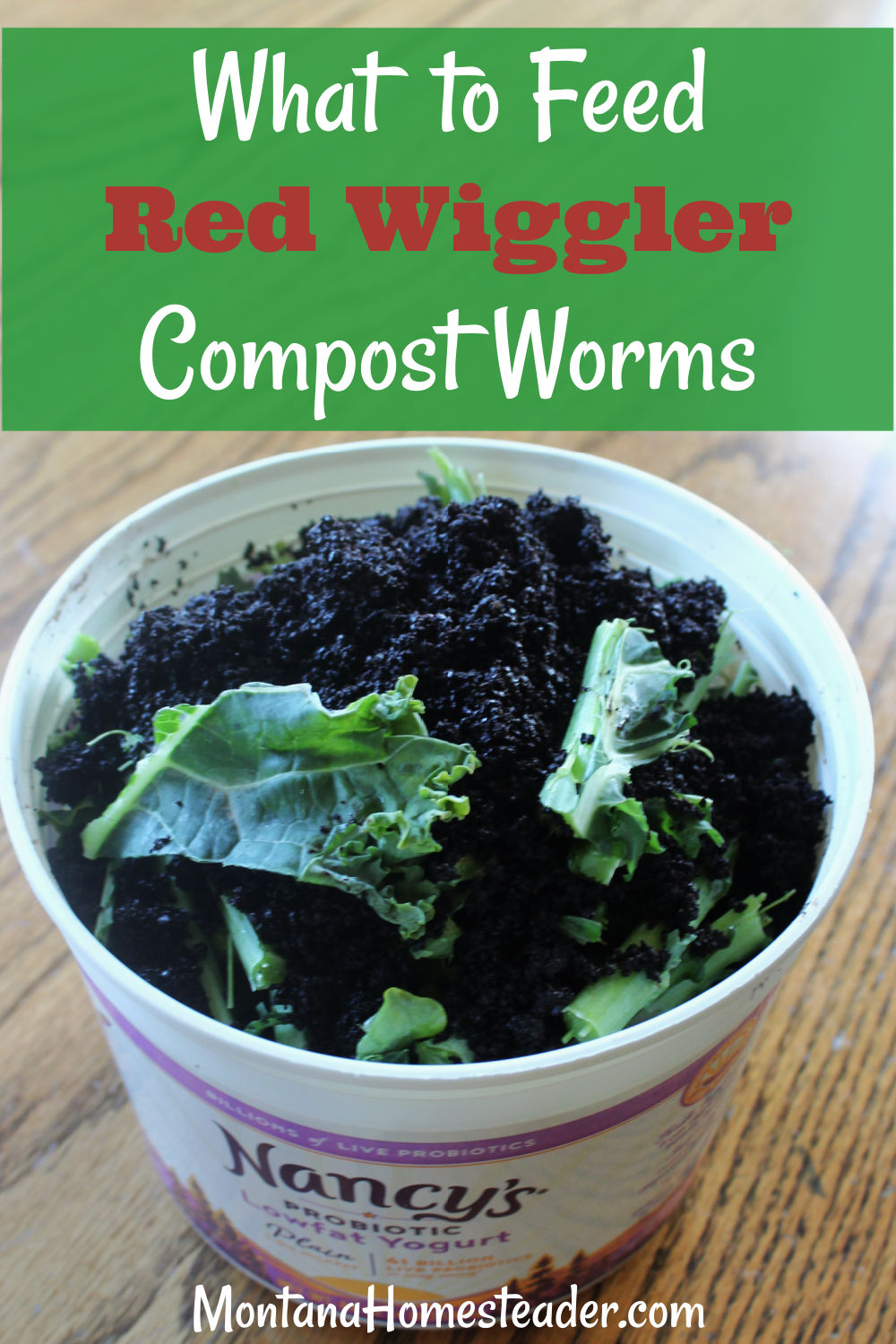Red Wiggler Worms available - Lasting Waste Administration Remedy
Red Wiggler Worms available - Lasting Waste Administration Remedy
Blog Article
Red Wiggler Worms Demystified: Unlocking the Tricks of Vermiculture for Greener Living and Nutrient-Rich Soil
In the world of lasting practices for enriching dirt quality and advertising eco-conscious living, red wiggler worms play a critical yet frequently forgotten duty. These humble animals have the impressive capability to transform natural waste right into nutrient-rich castings that serve as a powerful natural plant food. By delving right into the world of vermiculture, one can reveal a huge selection of advantages that extend far past typical composting techniques. Comprehending the complexities of looking after these worms, maximizing their setting, and harnessing their castings can result in a greener lifestyle and much healthier soil for plants to flourish.
The Duty of Red Wiggler Worms
Red Wiggler worms play an essential function in composting systems by efficiently breaking down raw material into nutrient-rich spreadings. These ravenous eaters consume a range of natural products, such as cooking area scraps, yard waste, and paper items. As they feed, the worms' digestive processes damage down the raw material right into a fine, dark, and nutrient-dense product known as worm spreadings or vermicompost.
The castings created by Red Wiggler worms are highly useful for soil wellness and plant development. They are rich in necessary nutrients like potassium, nitrogen, and phosphorus, which are essential for supporting healthy and balanced plant advancement. In addition, worm castings have beneficial microbes and enzymes that assist boost soil structure, rise water retention, and enhance nutrient uptake by plants.
Advantages of Vermicomposting

It improves soil framework, enhances soil oygenation, and raises dirt moisture retention. Vermicompost likewise improves the soil with crucial nutrients like nitrogen, phosphorus, and potassium, promoting plant development and overall soil fertility.
In addition, vermicomposting supports lasting horticulture techniques by providing a all-natural and chemical-free option to artificial fertilizers. Red Wiggler Worms. This environmentally friendly strategy not only improves the dirt yet additionally aids minimize reliance on damaging chemicals, advertising a greener and a lot more lasting way of horticulture
Establishing Up a Worm Bin
When developing a worm bin for vermicomposting, appropriate arrangement is essential to ensure the success click this link of the composting procedure. The very first action in setting up a worm bin is choosing a suitable container.
After adding the bedding, present the red wiggler worms to the container. It is recommended to start with a handful of worms and progressively boost as they multiply. The worms need to then be provided with food scraps such as fruit and veggie peels, coffee grounds, and eggshells. It is crucial to stay clear of adding meat, milk, oily, or salted foods to stop bring in parasites and developing undesirable smells.
Consistently keep an eye on the dampness degrees and temperature level in the worm container to make sure ideal conditions for the worms. With correct setup and maintenance, the worm bin will efficiently convert organic waste into nutrient-rich garden compost for your plants and garden.
Harvesting Worm Castings
To efficiently accumulate nutrient-rich worm spreadings from your vermicomposting system, a systematic harvesting method is vital. When it comes time to harvest the worm spreadings, there are a few crucial steps to follow to ensure an effective process. Firstly, stop adding fresh food scraps away of the worm container for a more information number of weeks before gathering. This urges the worms to move to the side with fresh bedding and food, making it easier to dig the castings from the opposite side.

Troubleshooting Common Issues
Determining and resolving typical difficulties that may arise throughout the vermicomposting procedure is important for maintaining a healthy and balanced and effective worm container. Adding excess food scraps can lead to a buildup of wetness and acidity in the worm bin, potentially harming the worms. One more problem is unpleasant odors rising from the worm bin.
In addition, if the worm population is declining or the worms show up unhealthy, maybe because of ecological stressors such as severe temperatures or pH degrees. pop over to this web-site Checking these elements and making needed adjustments is crucial for the wellness of the worms. By repairing these usual problems promptly, vermicomposters can guarantee a effective and smooth vermicomposting process while preserving a growing worm population.

Verdict
In verdict, red wiggler worms play a crucial duty in vermiculture by damaging down organic matter right into nutrient-rich soil. Setting up a worm container is necessary for successful vermiculture, and harvesting worm castings gives useful compost for horticulture.
As they feed, the worms' digestive system processes damage down the organic issue right into a fine, dark, and nutrient-dense product recognized as worm spreadings or vermicompost.
The castings generated by Red Wiggler worms are extremely useful for soil health and wellness and plant development. Including excess food scraps can lead to a buildup of moisture and acidity in the worm bin, possibly hurting the worms.In addition, if the worm population is declining or the worms show up harmful, it could be due to environmental stress factors such as severe temperatures or pH degrees. Establishing up a worm bin is vital for effective vermiculture, and harvesting worm spreadings provides beneficial compost for gardening.
Report this page